It was with great sadness that we learned about the physical transition this past weekend of Cuban revolutionary Harry "Pombo" Villegas. Pombo was 79 years old and although he was certainly virtually unknown outside of anti-colonial, revolutionary socialist communities, his life has provided strong inspiration to millions of us for the last 60+ years.
1 Comment
The issue of police terrorism (brutality) is an intense topic today in every part of the world. Although most people within the U.S. probably see this primarily as a concern within the U.S., there is clear evidence that this issue has impacts in Europe, Australia, and throughout every corner of the world. Supporters of police claim that the question is simply one of legality e.g. the police enforce existing laws and provided everyone follows those laws, in most instances, there would be no issues of police misconduct. In other words, these people believe that instances that we would call police terrorism are just issues where if the people in question followed the direction of police officers, no problems would have occurred. The purpose of this piece is to express that from a historical standpoint, the legality argument is obscenely untrue.
The Honorable Elijah Muhammad, as his supporters and followers call him, is probably one of the most confusing and misunderstood persons of the 20th century. Still, there were very few who had a greater impact on the U.S. political and social landscape than Mr. Muhammad. Adorned as the leader of the Nation of Islam (NOI) from 1934 until his death in 1975, Muhammad, regardless of people's opinions of him and the NOI, influenced much of African culture and ideology within the U.S. He was a major teacher and influence on El Hajj Malik El Shabazz aka Malcolm X as well as Muhammad Ali the boxer, Louis Farrakhan, the current leader of the largest NOI grouping, and Khalid Abdul Muhammad, the former national representative for Farrakhan and founder of the New Black Panther Party.
If you follow the articles I write and post here on even a semi-regular basis, you know I've written as many pieces on African identity, the so-called American Descendants of Slaves movement (ADOs), and our relationship as African people (revolutionary Pan-Africanism) regardless of what country and/or continent we are born, raised, and living in. As a result of the large volume of content I produce around these issues, I receive an overwhelming number of responses, primarily from people I don't know, providing feedback around these questions. I receive feedback from people all over Africa and the Caribbean and those Africans are running 100% in support of the clear Pan-African themes in these articles. From many Africans within the U.S., I get some support, but mostly arguments against what I'm writing and even straight up personal attacks against the positions I'm writing about. None of this, even the most vile vitriol, is an issue for me. I organize people for a living and I certainly dedicate most of my energy, time, and resources, towards organizing African people towards Pan-Africanism. As a result, I know from study and my own life the pain our people experience because of our oppression. In fact, I would tell you that every single problem we have - from diabetes (of which I'm afflicted), to unemployment, to depression, is the result of our oppression under this capitalist system. This worldwide oppression against the African masses and all of humanity, because of this worldwide capitalist system, and its never ending reliance on Africa to fuel its existence.
As Ahmed Sekou Ture said; bad organization is always better than no organization at all. So, of course, we agree that any protest of any kind that aims to bring attention to injustice of any kind is a good protest. Nothing being written here is meant to disparage and/or take anything away from any effort to accomplish this critical task. Still, its important we view everything at all times through a balanced viewpoint. In other words, any protest of any kind, whether we are talking about urban rebellions, or silent, individual protest statements, this power structure e.g. the capitalist bourgeoisie, will attack any and all protests we decide to engage in. When the urban rebellions happen, they say that's a completely unacceptable form of protest. When Colin Kaepernick, Eric Reid, etc., decided to mind their business and stage a simple, silent protest, they said that was disrespectful and therefore unacceptable. That reality should tell you two things. First, no matter what you do or don't do, they are going to have a problem with you because that's really the issue. They have a problem with you, not just what you are doing. Second, because again, no matter what we do, they denounce it and we receive unrelenting repression. So, although we honor all who protest, we should provide special attention and respect to those among us who engage in protests that call out the fundamental contradictions, without any level of qualification and justification.
The first question people may have when reading this is since this is largely viewed as a question around women hairstyles, what does a dude have to say about it? Especially a bald headed dude? The answer is this question of cultural appropriation is obviously based in the larger question e.g. what is culture? If we permit ourselves to operate with only an arbitrary understanding of what culture is then its no wonder that confusion is so dominant around this issue. So, we start by attempting to address that question.
Oddly, my initial recollection of a woman freedom fighter named "Tania" came upon me in my youth as a 10 year old boy forced to endure the national so-called "busing" program to racially integrate schools throughout the U.S. In 1974, I was bused to A.P. Giannini "Junior" High school in San Francisco, California, U.S., for the seventh grade. One day, on the bus headed to my neighborhood clear across town, we were held up for about two hours. We were prohibited by police from exiting the bus. We were forced to just sit there for the entire time. All that we were told was that the then Crocker Bank on the next block was being robbed. There was a large police barrier and police, literally, everywhere. Later, after I had arrived where I lived and I able to watch local television news with my parents, I learned that the bank robbery was carried out by armed people who the news were calling the Sybionese Liberation Army (SLA). Central to that organization with the strange sounding name was a woman identified as "Tania." This person was actually Patricia "Patty" Hearst, a member of the Hearst family e.g. the Hearst Castle, owners of the San Francisco Examiner newspaper, etc. Even at 10 years old, I knew that the Hearst family was one of the bourgeoisie elite families in the Bay Area. There is a famous picture of Hearst, armed with an AK-47, and wearing a tam. This was a picture taken during that robbery of that Crocker Bank in 1974 in San Francisco.
Today is December 4th. Its the 50 year commemoration of Chicago, Illinois, U.S., police carrying out a pre-dawn planned raid to murder leaders of the Illinois Black Panther Party simply because of the Panther's objective of bringing justice to African people. On that day, Fred Hampton and Mark Clark were killed and this illegal and immoral assassination of respected African leaders came to serve as one of the most clear and ill refutable pieces of evidence supporting claims by the African community in general, and the Panther's in particular, of systemic police terrorism against our people.
About twenty years ago, I attended a local book event. The author was an African who had written his personal experiences with police terrorism throughout his life. As I have customarily done throughout my life, I supported the Brother, bought his book, and offered encouragement until a point in the program came where the Brother said he wanted to consider himself a revolutionary. In response to that statement, someone in the audience stated that if the author wanted to call himself a revolutionary, he has a right to call himself that. At this point I expressed my disagreement, indicating that being a revolutionary comes with principles and requirements. One of those basic requirements is if you are going to claim a desire for revolution, you have be working within a revolutionary organization. In our view, to claim to be a revolutionary without organization is like claiming to be a driver while never having operated a vehicle/vessel, etc. As to be expected, several people at the event could not understand my logic.
|
Archives
March 2023
Categories |
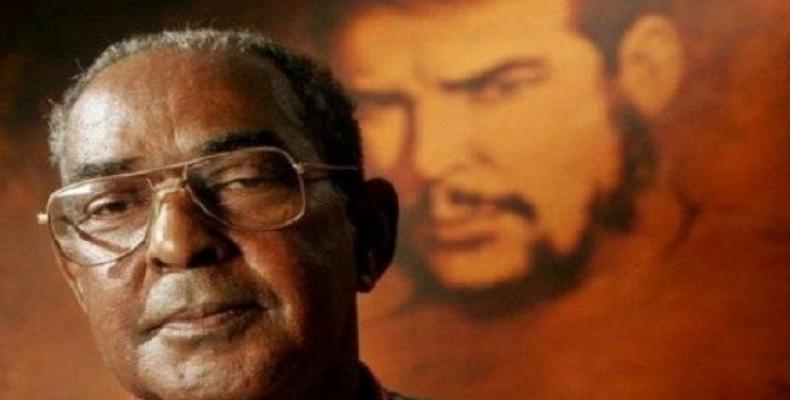
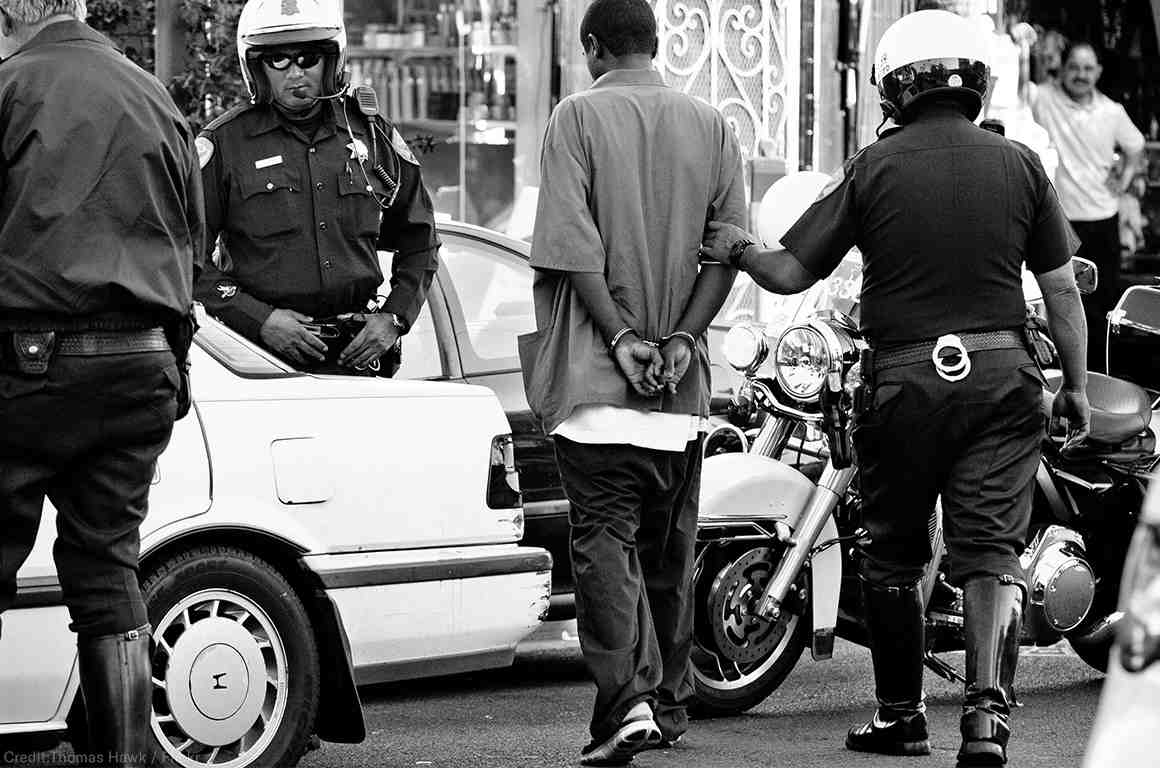
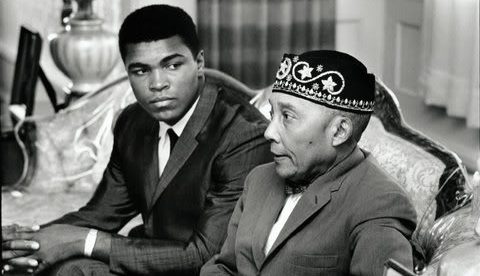
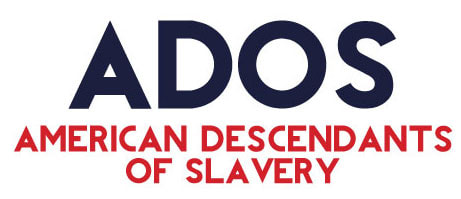
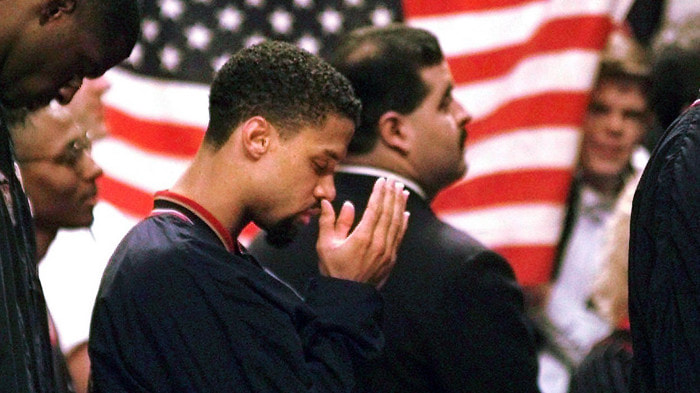

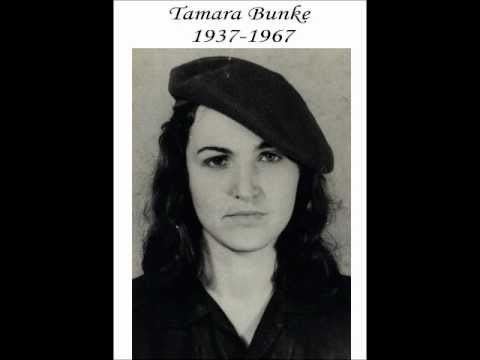
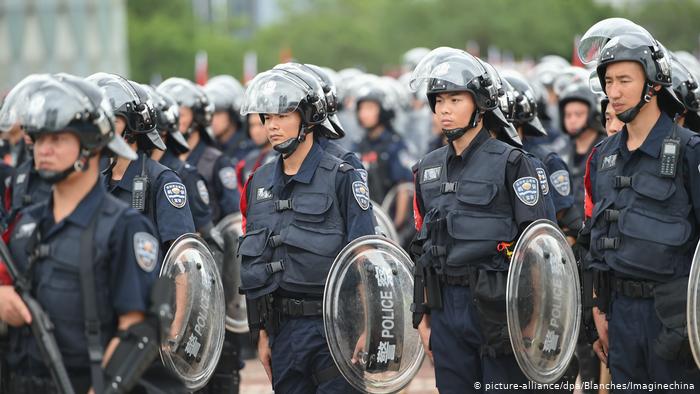
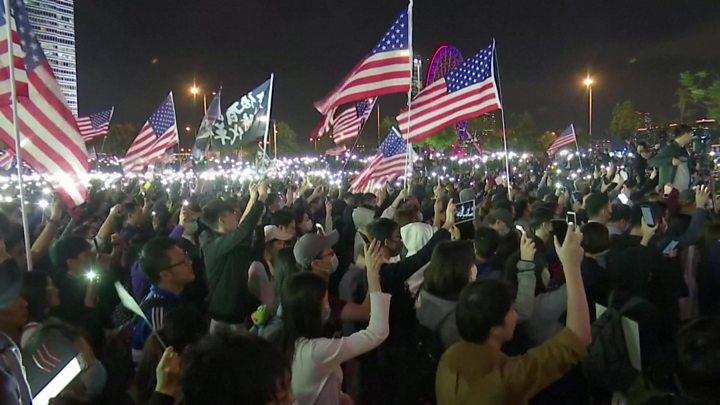

 RSS Feed
RSS Feed
